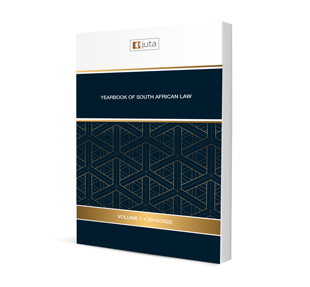Abstract
Often there is a gap between the black letter of the law, or the aspirations for law reform enunciated by a statute, and how the law actually transforms practices in relevant industries. This was the case in the credit industry, specifically with respect to the practice of set-off by banks who are in a credit agreement with a customer. Sections 90(2)(n) and 124 were inserted into the National Credit Act 34 of 2005 to introduce a new system of set-off that represents a complete break from set-off at common law. The common-law set-off practices resulted in injustices to consumers and favoured credit providers who could apply it without consultation with, or notice to, customers. The relevant purpose of the NCA in this regard was to address and to correct imbalances in negotiating power between consumers and credit providers. A relevant way of achieving this is through protecting consumers from deception and unfair conduct by credit providers. To address such deception and unfair conduct, the Act, through sections 90(2)(n) and 124 intended to exclude the common law from applying to credit agreements governed by the Act. Yet despite the existence of the new set-off provisions in the NCA, banks in South Africa, between 2007 and 2019, continued to apply the common-law rules even to credit agreements governed by the Act, contrary to the spirit, purposes, and objects of the Act. This all changed after the National Credit Regulator approached the court to seek a declaration by the court that the bank’s right to apply common-law set-off was ousted by the NCA. The court issued such a declaration in 2019. This article analyses National Credit Regulator v Standard Bank of South Africa Ltd 2019 (5) SA 512 (GJ). It looks at the facts, the legal question(s) answered by the court, the judgment, reasons for the judgment and the impact of the judgment on the development of credit law jurisprudence. Under impact, the note looks at the important role of contextual interpretation and the teleological interpretation of statutes in the transformation and constitutionalisation of credit law, and how the effective enforcement of the NCA can bring to life the aspirations of statutes and contribute towards transforming unconstitutional practices to align them with the spirit, purport and objects of the Bill of Rights. The case note also argues for improved clarity of some provisions of the NCA, and for the provision of an express ouster of the common law in section 124.

